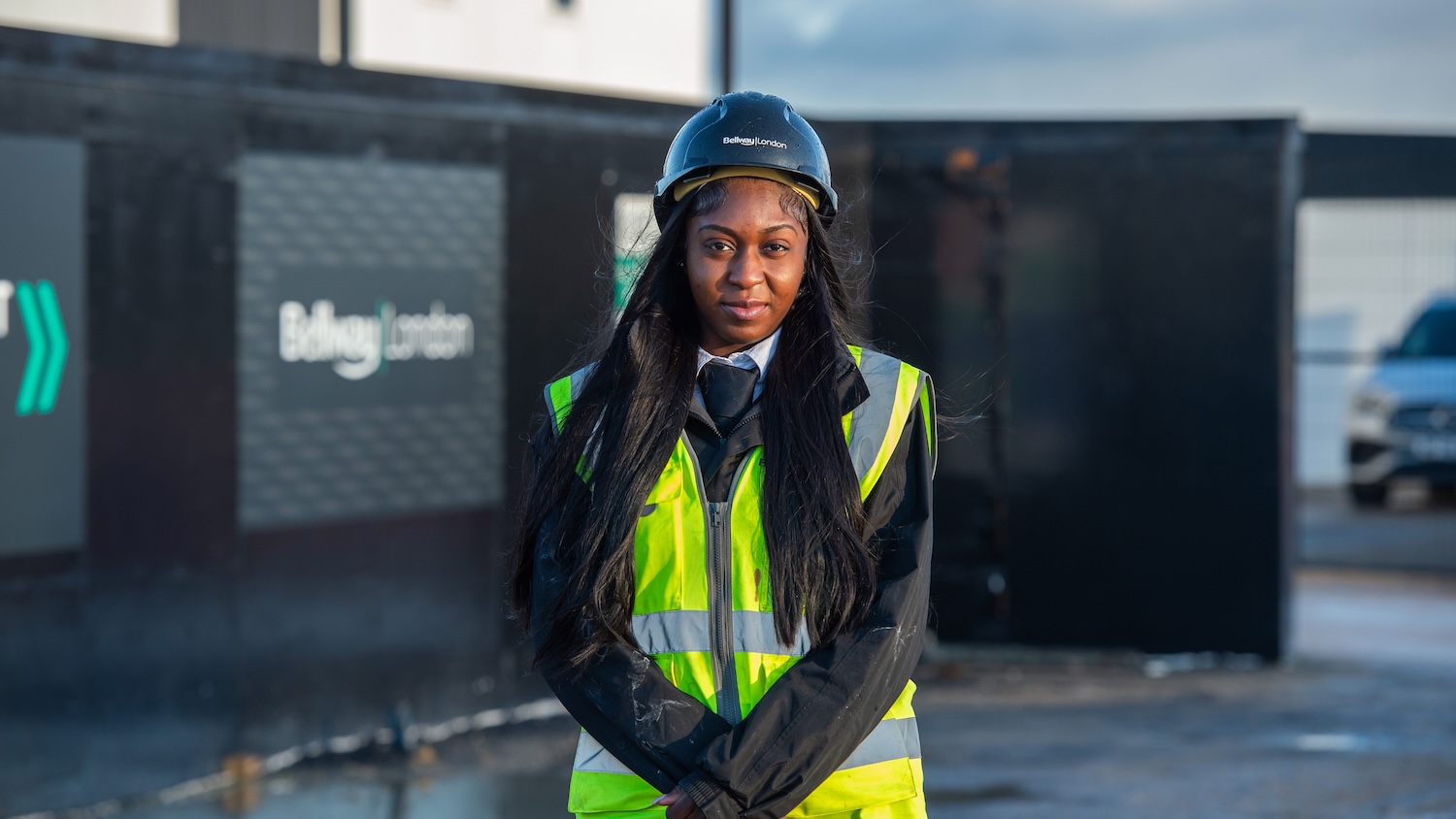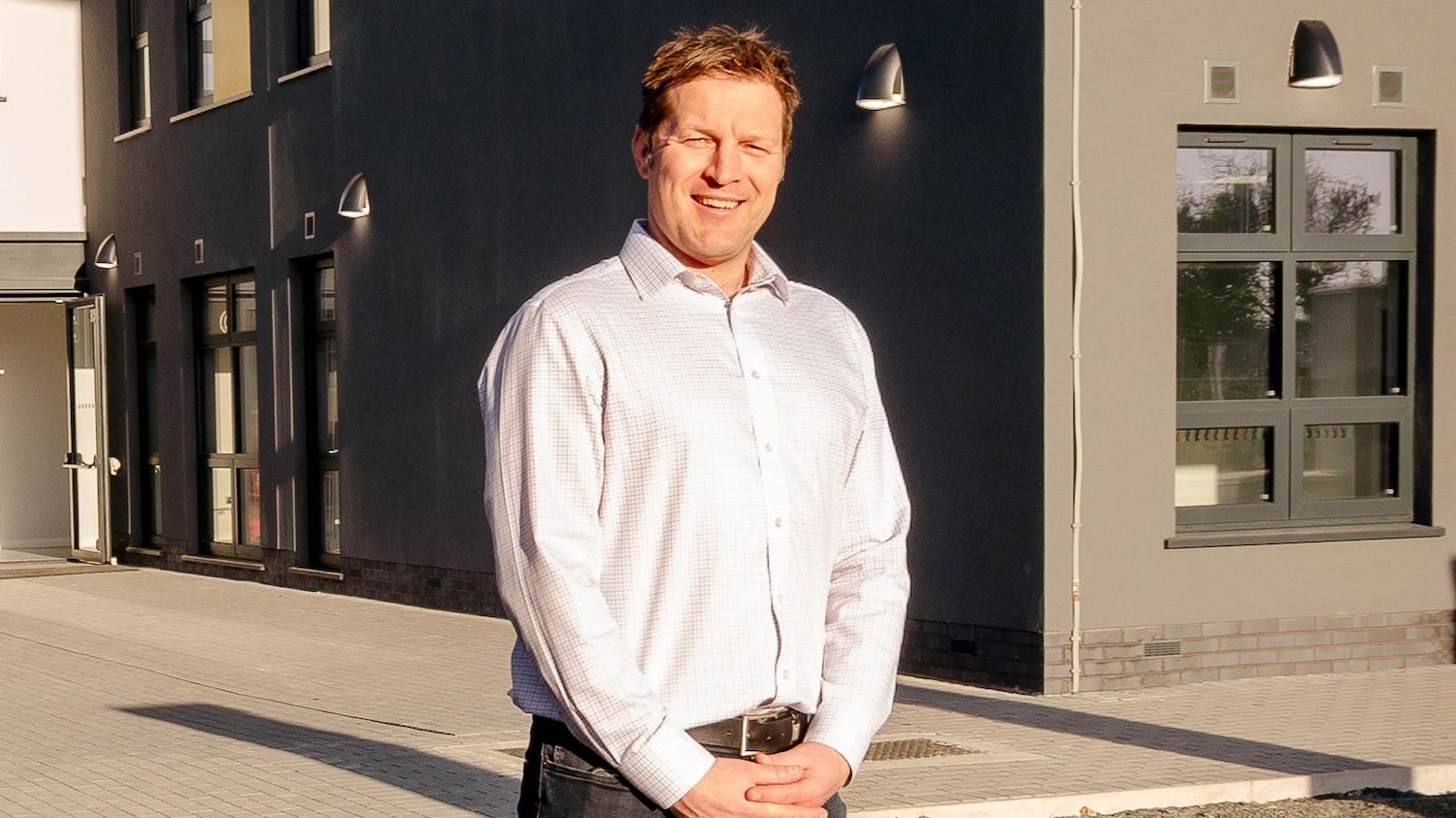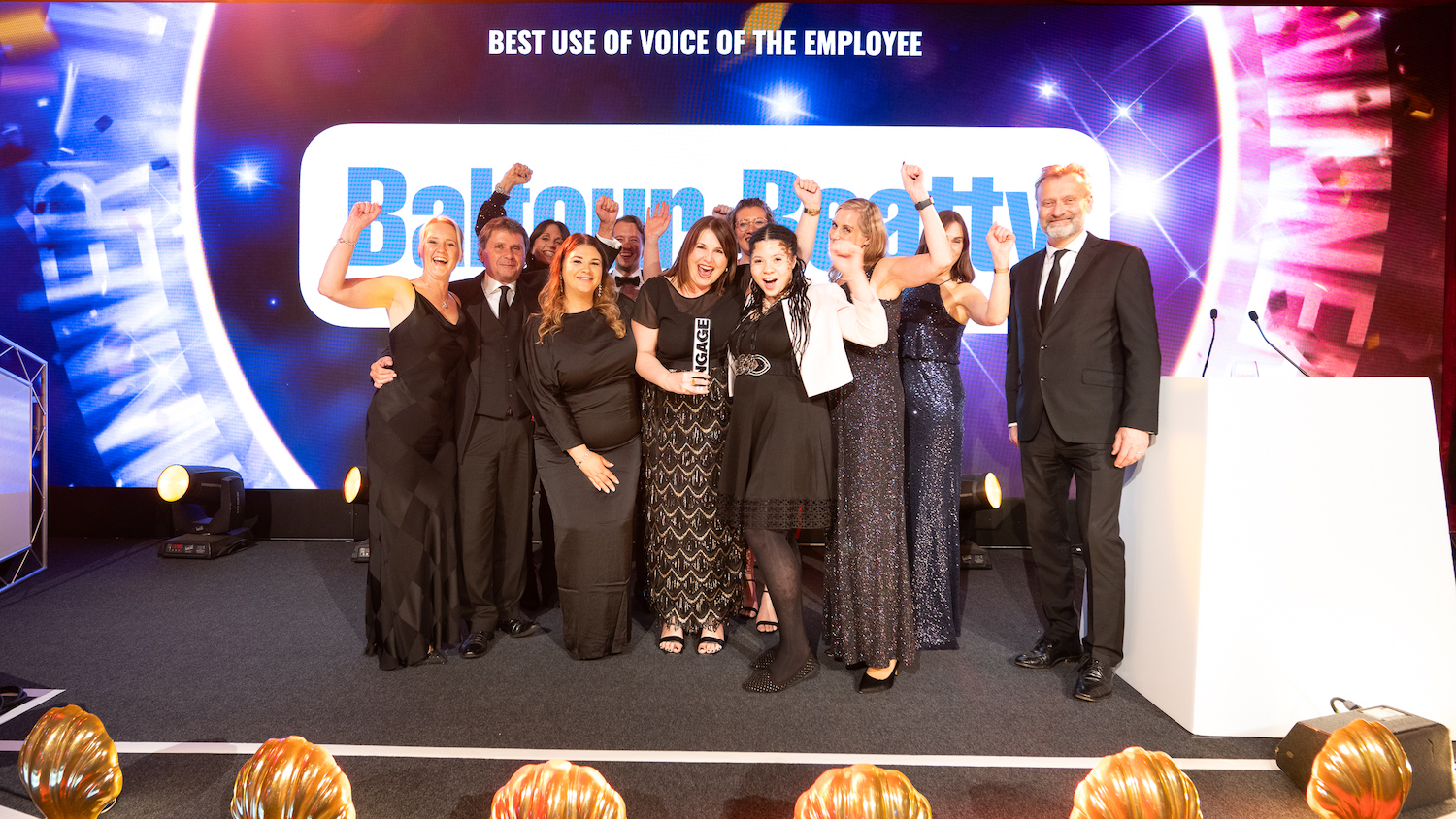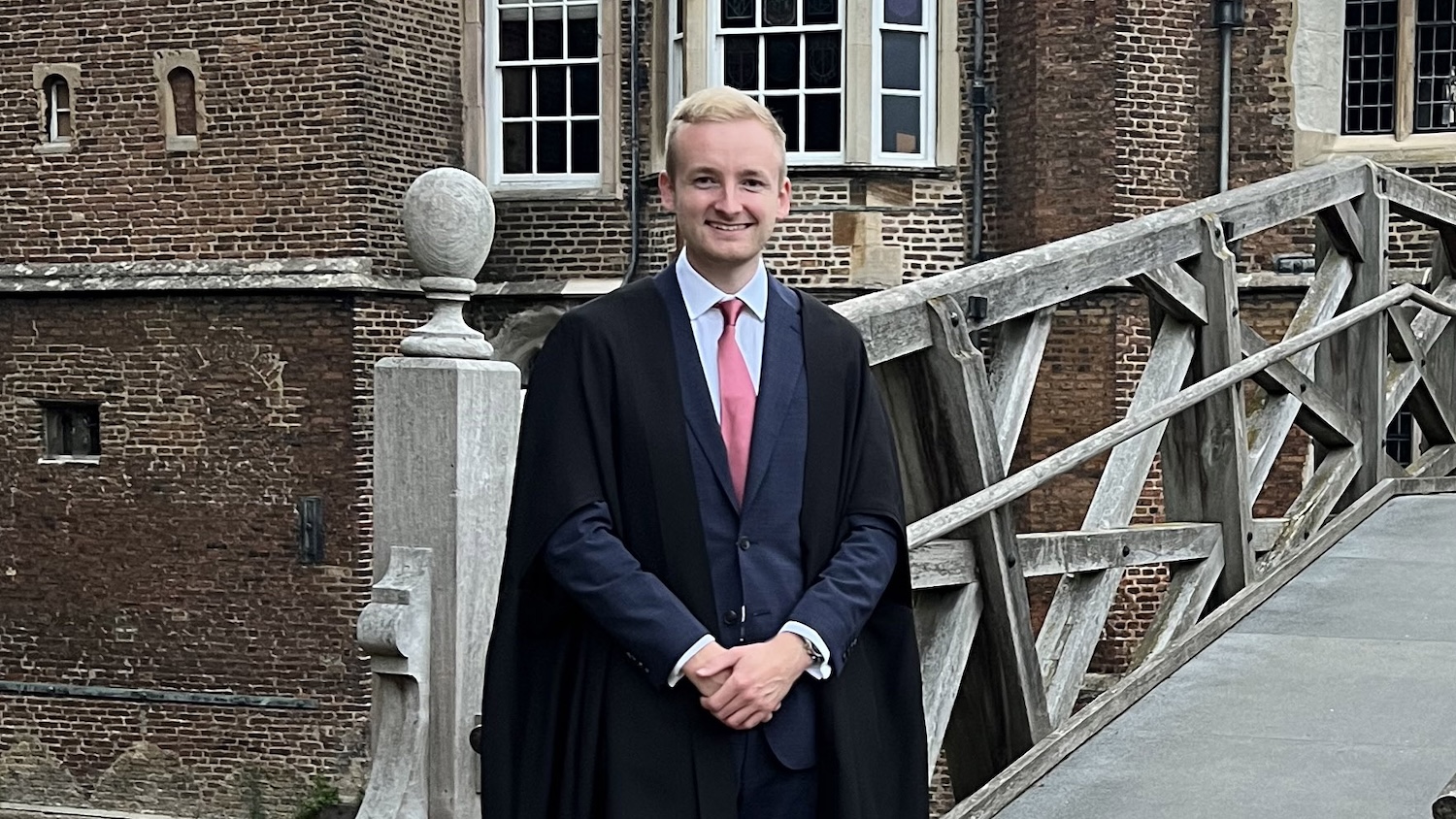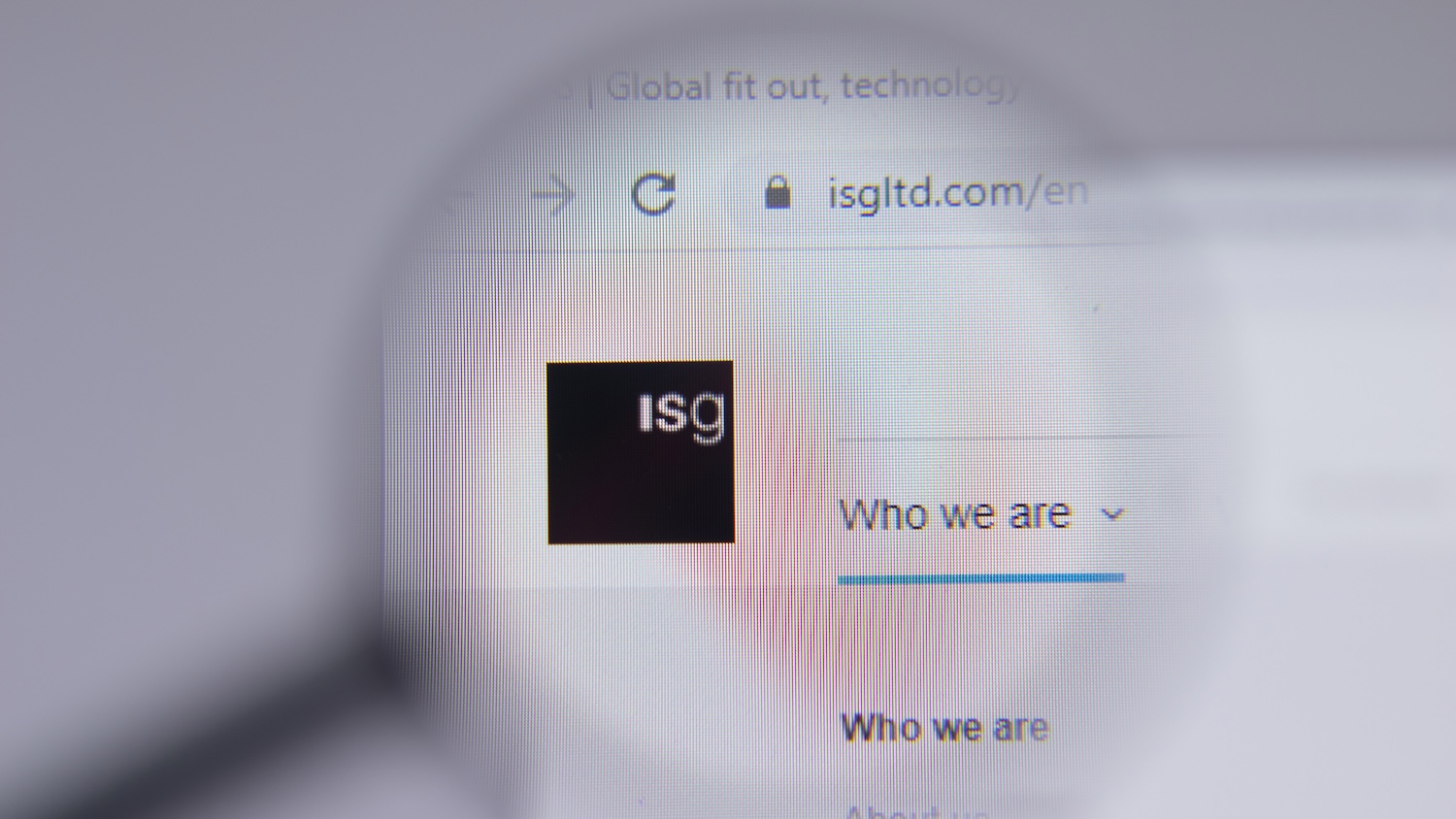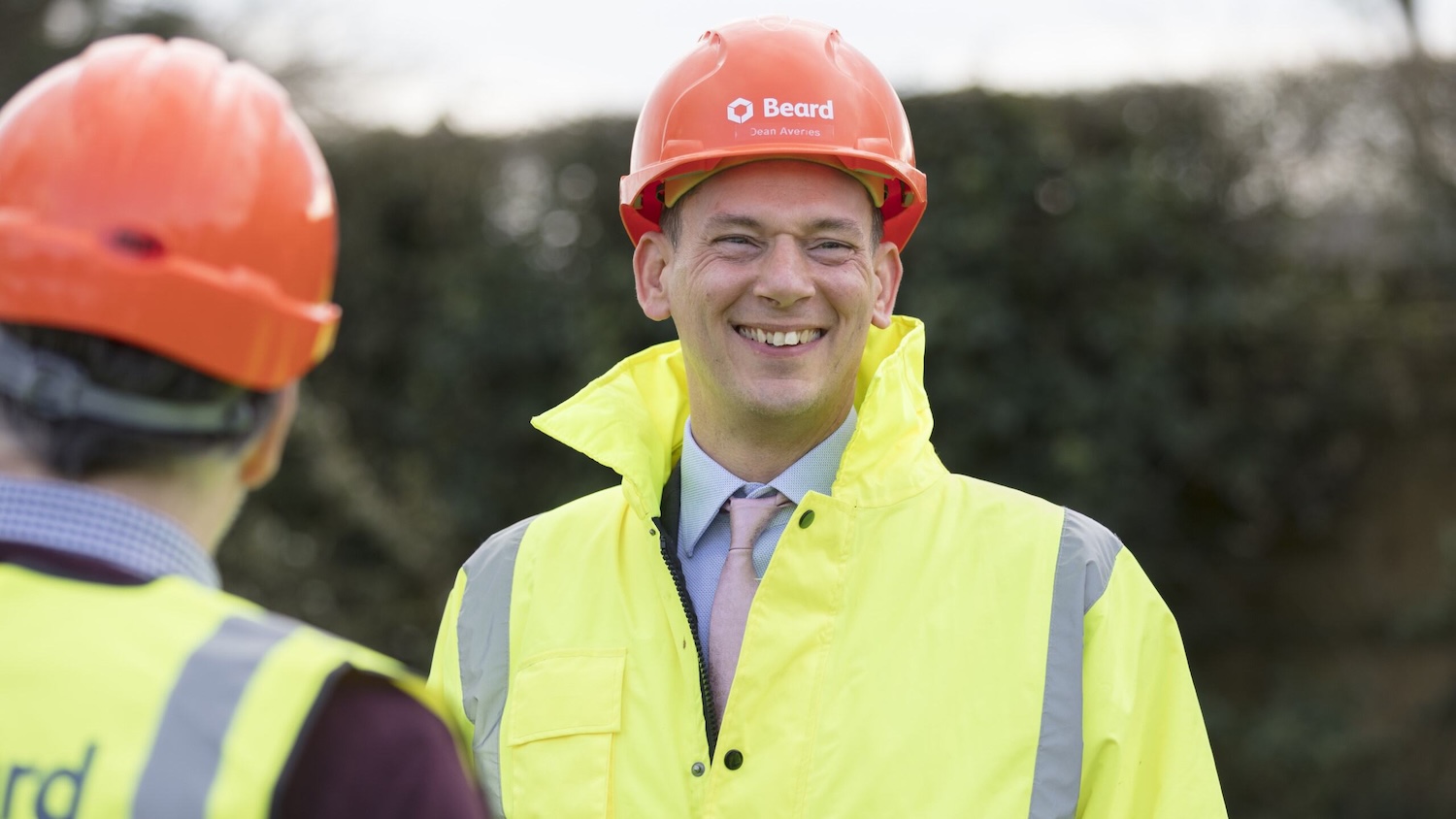
Black women in construction: views from the front line
To mark Black History Month, two professionals from Gleeds share their experience of being an ethnic minority in the construction industry
Mona Hassan, assistant quantity surveyor, Gleeds
What attracted you to your current role?
I find it empowering seeing a project go from a concept through to RIBA stage 7 and in use. There’s a huge amount of job satisfaction.
Watching a building being delivered and knowing that you’re helping to transform not only the landscape but the local community is very important to me.
As a quantity surveyor, I enjoy that my role has a mix of construction technology but also an aspect of construction contract law. For me, it’s about ensuring the client gets value for money, but also that we’re delivering projects as sustainably as possible.
What are some of the challenges you’ve faced pursuing a career in construction?
As a female, who is also black and a Muslim, I used to feel a bit out of place, especially right at the beginning of my career. There was an element of self-doubt – is this really for me, should I be here?
However, as I have progressed in the industry, I’ve recognised that I’m here because I have the skills to be here. It can be difficult sometimes, but I’ve earned the credentials to be in those spaces.

It’s important for all organisations to develop clear and inclusive diversity strategies that have specific and measurable targets. Measurable is the key word here, in my opinion – without that, it’s easy to lose focus on the objectives
What advice would you give to someone facing similar challenges at the start of their career?
I’m vice chair of the Future Impact Board, which is made up of property and construction professionals who want to help bridge the gap with the next generation of talent and make positive change in the Liverpool City Region.
Whenever I speak to students or people who are just coming into the sector, I always encourage them to reach out to a mentor. Having that guidance can be so beneficial in terms of how to conduct yourself in a professional context or how to navigate challenging conversations.
Having a mentor at any point in your career can be really helpful, but especially when you’re starting out. It’s important to have that open and honest feedback.
What action would you like to see from leaders to ensure the industry is more inclusive?
The construction industry is definitely moving in the right direction, but we shouldn’t get complacent. We need to ensure we keep pushing forward so that we’re creating the best possible environment for the next generation.
It’s important for all organisations to develop clear and inclusive diversity strategies that have specific and measurable targets. Measurable is the key word here, in my opinion – without that, it’s easy to lose focus on the objectives.
I would also like to see more employee resource groups within organisations. Creating a space where different groups of employees can come together based on their shared characteristics can help to provide additional support and enhance career development. It is important that employees, regardless of race, gender or sexual orientation, are supported and can bring their true, authentic self to work.
Phumzile Mbatha, associate director, Gleeds
What attracted you to a career in construction?
I’ve always been fascinated by the notion of making something from nothing. I love being part of the process that brings buildings to life, whether through refurbishing existing buildings to optimise their use and aesthetics or constructing from the ground up.
What are some of the challenges you’ve faced pursuing a career in construction?
When I came to the UK, I joined a graduate programme and that provided a sense of belonging, a safety net.
As my career progressed, the safety net was gone and I had to find more inventive ways to cultivate a sense of belonging in spaces where I’m often the only black woman in the room.

Ideas that come from the company’s women and ethnicity networks are great but what might have greater impact is business leaders taking the initiative to think of ideas or simply asking the right questions
There are definitely times in my career where I’ve been part of great teams that fostered teamwork and belonging effortlessly, which allowed everyone to thrive on a level playing field.
In your experience, are companies in the industry doing enough to attract a diverse workforce?
Companies in the construction industry are making progress, but more efforts are needed to not only attract a truly diverse workforce, but also to retain them by having clear career progression or pathways, succession planning and allyship. Retention is mainly about vision and how that vision is communicated.
What action would you like to see from leaders to ensure the industry is more inclusive?
I would like to see more leaders being more intentional in their approach to diversity, equity and inclusion.
Ideas that come from the company’s women and ethnicity networks are great but what might have greater impact is business leaders taking the initiative to think of ideas or simply asking the right questions. That may lead to more meaningful innovative ideas and conversations we have not already tapped into.


